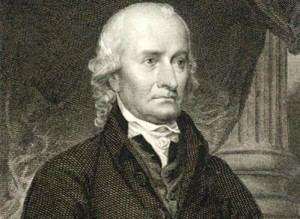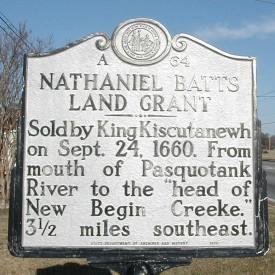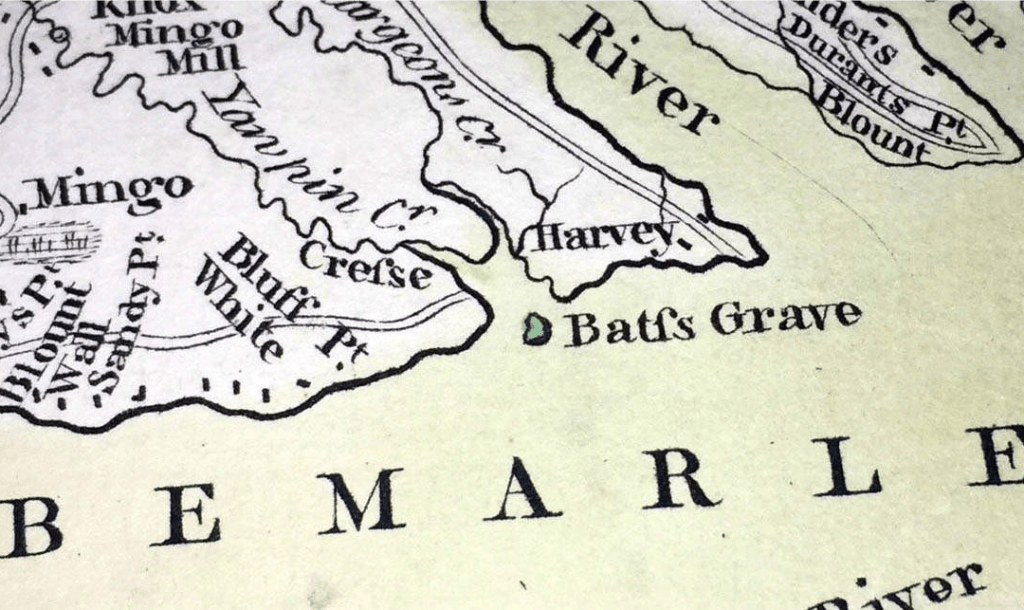Nathaniel Batts – The Impact He Had on Early American History

Reclaiming History: Rediscovering the Contributions of Nathaniel Batts to Our Understanding of Early America
Nathaniel Batts is a figure that has shaped many aspects of North Carolina’s history. He was one of the first English settlers of North Carolina and a prominent figure in the colonial history of the state. As an early settler, Batts played a key role in the establishment of trade and relations between the English and Native American tribes, as well as being instrumental in the creation of the Albemarle region of the state. This article will explore the life and legacy of Nathaniel Batts, exploring the impact of his life and the lasting effects of his actions on North Carolina today.

Nathaniel Batts was an early American settler who made a significant impact on the history of the United States. He was born in 1625 in England and immigrated to America in 1645. After arriving in the colonies, he became a successful merchant and planter. He was an early settler of the Albemarle Sound region in what is now North Carolina.
In 1663, he was appointed by the English Crown as a “Ministerial Agent” to the Native American tribes of the region. In this role, Batts negotiated numerous treaties and agreements with the Native Americans that enabled the expansion and settlement of the area by the English. These treaties helped to ensure peaceful relations between the colonists and the Native Americans, which enabled the growth of the colonies in the region.
Batts was also a key figure in the founding of the first English settlements in the Albemarle region. He was instrumental in obtaining grants of land for himself and for other settlers, and he also founded the settlement of Edenton in 1667. This settlement became the first capital of the Province of Carolina, and it was a major port for the export of colonial goods to England and the Caribbean.
Batts was also a vocal advocate for religious freedom in the colonies. He was a staunch defender of the Quaker religion, and he was instrumental in obtaining a charter from the English government granting religious liberty to all settlers.

In conclusion, Nathaniel Batts’ legacy is one of innovation and exploration. He was a pioneer in the early American Colonies, introducing new plants and animals to the settlement and helping to establish a successful trading route between the colonists and Native Americans. His exploration of the region’s waterways and his relationships with the native peoples helped to expand English settlement in the New World and made a lasting impact on early American history. Although his life was brief and his accomplishments largely forgotten, his influence on the colonial era was undeniable. He was a remarkable explorer and an invaluable asset to the fledgling colonies. Nathaniel Batts played an important role in the development of the early American Colonies and his legacy will always remain.
Batts island was located in the Albemarle Sound near the mouth of the Yeopim River. Some charts refer to the island as Batts Grave (formerly known as Heriots Island) since he lived a solitary life on the island and was buried there. The island eroded through the years and was totally destroyed by a hurricane in 1950.
